Re: Nagorno-Karabagh: Military Balance Between Armenia & Azerbaijan
Customs Ordeal: How an Iranian-Armenian Got Assistance to Soldiers in Artsakh
Vanik Keshishyan, a citizen of Iran and Armenia, can’t drive his car into Armenia.
He hasn’t been allowed to drive his car, with Iranian registration, into Armenia ever since he received his Armenian citizenship. Armenian authorities say it’s not allowed.
Meanwhile, citizens of Iran, with no Armenian passport, are free to drive to Armenia and spend up to 180 days in the country.
This fact perturbs Mr. Keshishyan, who feels that he’s being singled out and caught in a legal nightmare.
As soon as fighting broke out along the Artsakh Line of Contact in early April, Mr. Keshishyan decided to go to Iran and collect whatever items he could to bring back and distribute personally to Armenian soldiers on the frontline. Before entering Iran, he asked Armenian customs officials if he would have a problem when returning by car. They told him no problems would arise and that he could enter Armenia with his Iranian passport.
Buoyed by the news, Mr. Keshishyan left for Iran on April 4. He fixed up his car and changed the tires for the trip back to Artsakh. On April 28, loaded up with homemade jams, fruits and vegetables, clothes, tents, sleeping bags, umbrellas, undergarments and other items, he started the trip back to Armenia.
“There are Tabriz Turks all the way up to the Iranian border. 70% are up in arms regarding events in Karabakh. Before crossing the border, I was thinking of what to say. I’m a martial arts trainer in Armenia and Iran. So, that’s how I identified myself,” said Mr. Keshishyan.
When he reached the Armenian border and officials learnt that his cargo was destined for Artsakh, he was warmly received and allowed to enter the country with his Armenian passport.
“I then entered customs and was told that I couldn’t bring the car into Armenia because I have an Armenian passport,” Mr. Keshishyan related. “He said we have entered the Eurasia Union and an Armenian doesn’t have the right to bring his car in. They’ve taken that law and placed four walls around us. Everyone can’t come by bus. I want to bring my mother to Armenia. But she can’t come by bus and I can’t bring her by plane. I want her to sit in my car and come to Armenia. They have to find a way so that people don’t suffer.”
Lacking any options, Mr. Keshishyan threatened to voice his complaint over the internet regarding the unsanitary conditions of the toilets at the border crossing. He was so disillusioned about not being able to get the goods to the soldiers that he decided to stage a hunger strike at the customs house until he found out who had drafted such a law in the first place.
“I loaded the stuff on my car so that I could personally take it to the soldiers, to greet them all, so that they could feel that we are with them in spirit,” said Mr. Keshishyan
The customs official started to yell at Mr. Keshishyan, telling him he could complain to whomever he wanted.
“The official said, we work according to the law. I answered, if only all the laws worked so well,” Mr. Keshishyan said.
The official relented and let him drive through, making it known that he was doing him a favor. Mr. Keshishyan was not appeased.
“He let me through with the car so that I wouldn’t raise a stink. I don’t fear such encounters. If there was a problem, I would have donated the car to Karabakh. Why should I, an Armenian, not be allowed to drive my car into Armenia. What damage have I done to my country?” Mr. Keshishyan asks.
He believes this is a reason why other diaspora Armenians cannot benefit from their country. Mr. Keshishyan believes that it’s a human rights violation and a restriction on freedom of movement.
“They say that you, by law, as an Armenian citizen cannot enter with a car. I’m coming with a car with Iranian license plates. If I bring the car into the country what damage am I doing? I can’t sell the car. Cars in Iran are twice as expensive. So, I can’t even bring one in to sell. It’s out of the question. The car will enter and leave in a short deadline. Why are they making things tough for people? At least they should make some exception for dual citizens,” Mr. Keshishyan adds.
Mr. Keshishyan recounts that in the past he’s tried to enter Armenia with his Iranian passport. When getting his visa, officials immediately told him that as a dual citizen he cannot enter by using his Iranian passport. They didn’t issue him a visa.
“In other words, should I give up my Armenian citizenship? Instead of opening doors for us, they are daily closing them,” Mr. Keshishyan argues.
Mr. Keshishyan says that this past Nowruz a group of Armenians from Iran wanted to drive to Armenia. Many were dual citizens. Some had to drive back to Tehran, while others were forced to take buses at the border. Their cars were sent back.
Mr. Keshishyan relocated to Armenia fifteen years ago. He’s into eco-farming and wants to construct a hothouse in Artsakh. To do this, he has to bring various supplies and tools from Iran. But he can’t do so because of the car issue.
“My family is here and I work there, in Iran, where I have a business. Every time, I have to take the bus and listen to that Turkish music. I want to bring back various supplies to launch my business plans here. What can I bring by bus?” says Mr. Keshishyan.
In Iran, he produces boxes for jams and jellies and would like to bring the equipment to Armenia temporarily. The car issue throws cold water on the plan.
“They should at least be a bit more flexible due to the fighting. What happens tomorrow or the next day when the fighting gets more intense and ten or twenty cars want to bring in supplies? Will they tell them to turn around and go home?
Mr. Keshishyan has taken up the matter with the Iranian embassy. He also visited the Ministry of Diaspora Affairs in Yerevan last week and the Human Rights Defender’s Office. They advised him to write to the Stare Revenue Committee.
He’s since done so. The committee has said it will reply to his complaint in no sooner than seven and no later than 30 days.
Customs Ordeal: How an Iranian-Armenian Got Assistance to Soldiers in Artsakh
Vanik Keshishyan, a citizen of Iran and Armenia, can’t drive his car into Armenia.
He hasn’t been allowed to drive his car, with Iranian registration, into Armenia ever since he received his Armenian citizenship. Armenian authorities say it’s not allowed.
Meanwhile, citizens of Iran, with no Armenian passport, are free to drive to Armenia and spend up to 180 days in the country.
This fact perturbs Mr. Keshishyan, who feels that he’s being singled out and caught in a legal nightmare.
As soon as fighting broke out along the Artsakh Line of Contact in early April, Mr. Keshishyan decided to go to Iran and collect whatever items he could to bring back and distribute personally to Armenian soldiers on the frontline. Before entering Iran, he asked Armenian customs officials if he would have a problem when returning by car. They told him no problems would arise and that he could enter Armenia with his Iranian passport.
Buoyed by the news, Mr. Keshishyan left for Iran on April 4. He fixed up his car and changed the tires for the trip back to Artsakh. On April 28, loaded up with homemade jams, fruits and vegetables, clothes, tents, sleeping bags, umbrellas, undergarments and other items, he started the trip back to Armenia.
“There are Tabriz Turks all the way up to the Iranian border. 70% are up in arms regarding events in Karabakh. Before crossing the border, I was thinking of what to say. I’m a martial arts trainer in Armenia and Iran. So, that’s how I identified myself,” said Mr. Keshishyan.
When he reached the Armenian border and officials learnt that his cargo was destined for Artsakh, he was warmly received and allowed to enter the country with his Armenian passport.
“I then entered customs and was told that I couldn’t bring the car into Armenia because I have an Armenian passport,” Mr. Keshishyan related. “He said we have entered the Eurasia Union and an Armenian doesn’t have the right to bring his car in. They’ve taken that law and placed four walls around us. Everyone can’t come by bus. I want to bring my mother to Armenia. But she can’t come by bus and I can’t bring her by plane. I want her to sit in my car and come to Armenia. They have to find a way so that people don’t suffer.”
Lacking any options, Mr. Keshishyan threatened to voice his complaint over the internet regarding the unsanitary conditions of the toilets at the border crossing. He was so disillusioned about not being able to get the goods to the soldiers that he decided to stage a hunger strike at the customs house until he found out who had drafted such a law in the first place.
“I loaded the stuff on my car so that I could personally take it to the soldiers, to greet them all, so that they could feel that we are with them in spirit,” said Mr. Keshishyan
The customs official started to yell at Mr. Keshishyan, telling him he could complain to whomever he wanted.
“The official said, we work according to the law. I answered, if only all the laws worked so well,” Mr. Keshishyan said.
The official relented and let him drive through, making it known that he was doing him a favor. Mr. Keshishyan was not appeased.
“He let me through with the car so that I wouldn’t raise a stink. I don’t fear such encounters. If there was a problem, I would have donated the car to Karabakh. Why should I, an Armenian, not be allowed to drive my car into Armenia. What damage have I done to my country?” Mr. Keshishyan asks.
He believes this is a reason why other diaspora Armenians cannot benefit from their country. Mr. Keshishyan believes that it’s a human rights violation and a restriction on freedom of movement.
“They say that you, by law, as an Armenian citizen cannot enter with a car. I’m coming with a car with Iranian license plates. If I bring the car into the country what damage am I doing? I can’t sell the car. Cars in Iran are twice as expensive. So, I can’t even bring one in to sell. It’s out of the question. The car will enter and leave in a short deadline. Why are they making things tough for people? At least they should make some exception for dual citizens,” Mr. Keshishyan adds.
Mr. Keshishyan recounts that in the past he’s tried to enter Armenia with his Iranian passport. When getting his visa, officials immediately told him that as a dual citizen he cannot enter by using his Iranian passport. They didn’t issue him a visa.
“In other words, should I give up my Armenian citizenship? Instead of opening doors for us, they are daily closing them,” Mr. Keshishyan argues.
Mr. Keshishyan says that this past Nowruz a group of Armenians from Iran wanted to drive to Armenia. Many were dual citizens. Some had to drive back to Tehran, while others were forced to take buses at the border. Their cars were sent back.
Mr. Keshishyan relocated to Armenia fifteen years ago. He’s into eco-farming and wants to construct a hothouse in Artsakh. To do this, he has to bring various supplies and tools from Iran. But he can’t do so because of the car issue.
“My family is here and I work there, in Iran, where I have a business. Every time, I have to take the bus and listen to that Turkish music. I want to bring back various supplies to launch my business plans here. What can I bring by bus?” says Mr. Keshishyan.
In Iran, he produces boxes for jams and jellies and would like to bring the equipment to Armenia temporarily. The car issue throws cold water on the plan.
“They should at least be a bit more flexible due to the fighting. What happens tomorrow or the next day when the fighting gets more intense and ten or twenty cars want to bring in supplies? Will they tell them to turn around and go home?
Mr. Keshishyan has taken up the matter with the Iranian embassy. He also visited the Ministry of Diaspora Affairs in Yerevan last week and the Human Rights Defender’s Office. They advised him to write to the Stare Revenue Committee.
He’s since done so. The committee has said it will reply to his complaint in no sooner than seven and no later than 30 days.





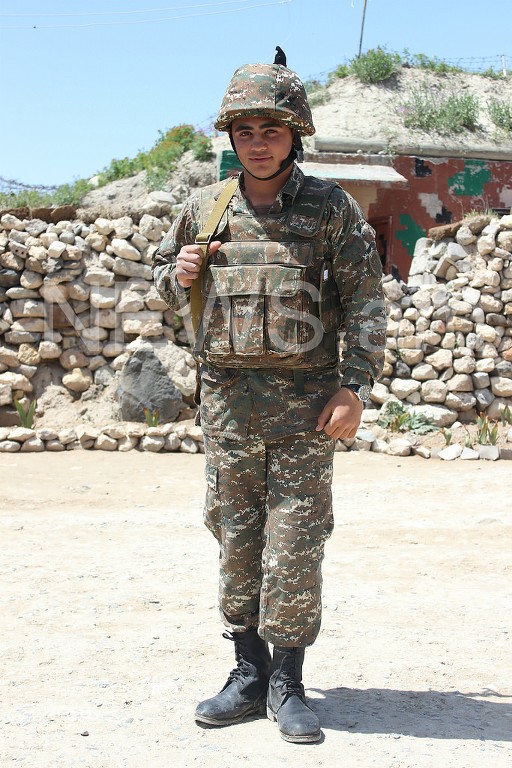
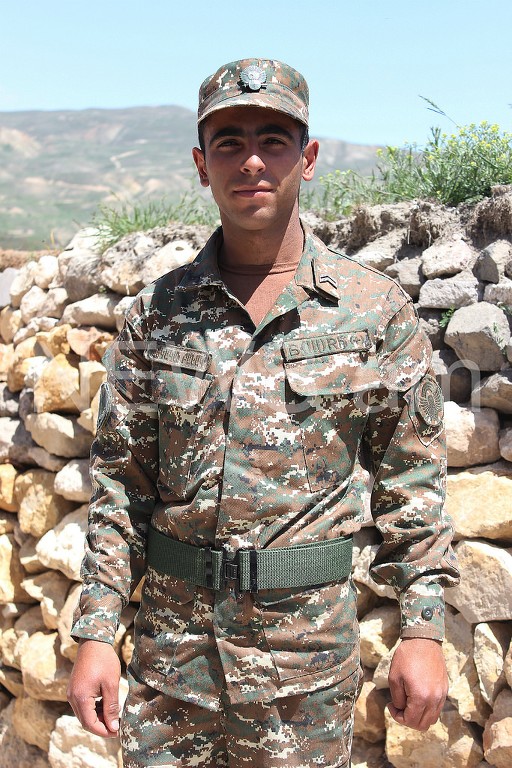
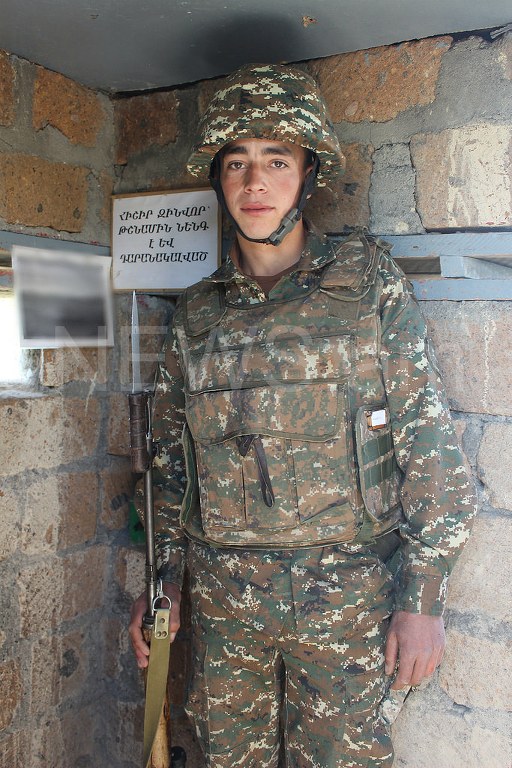
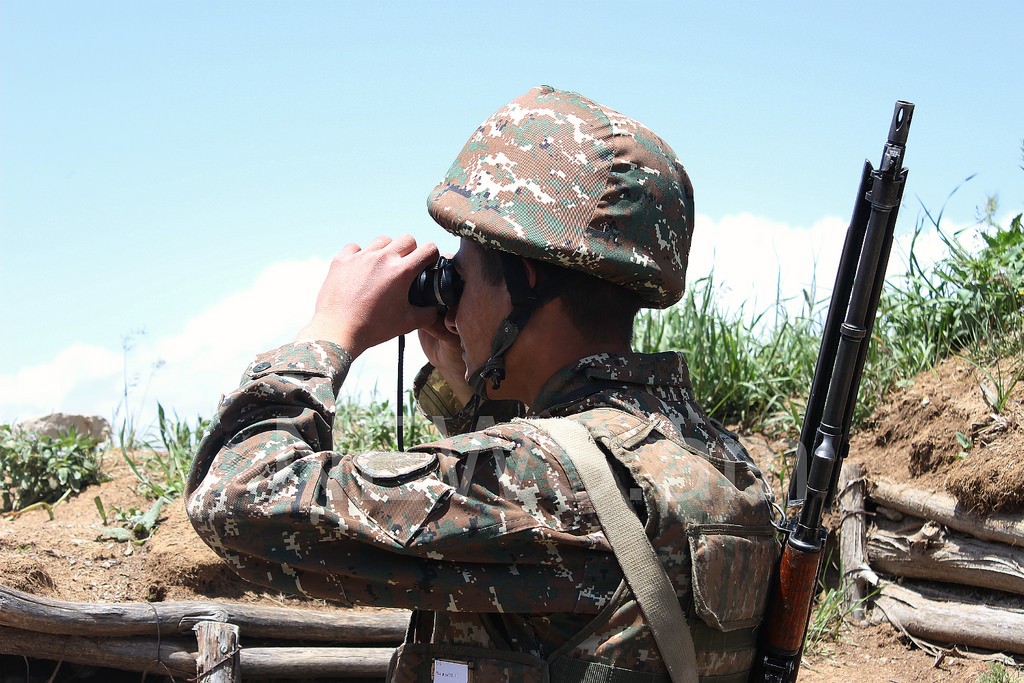
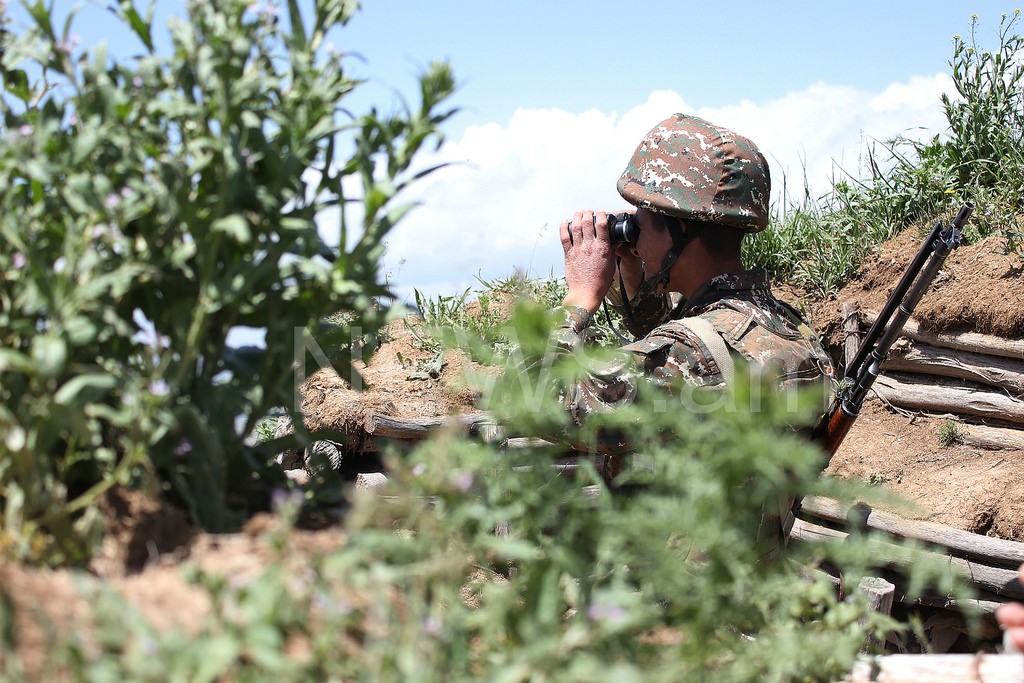
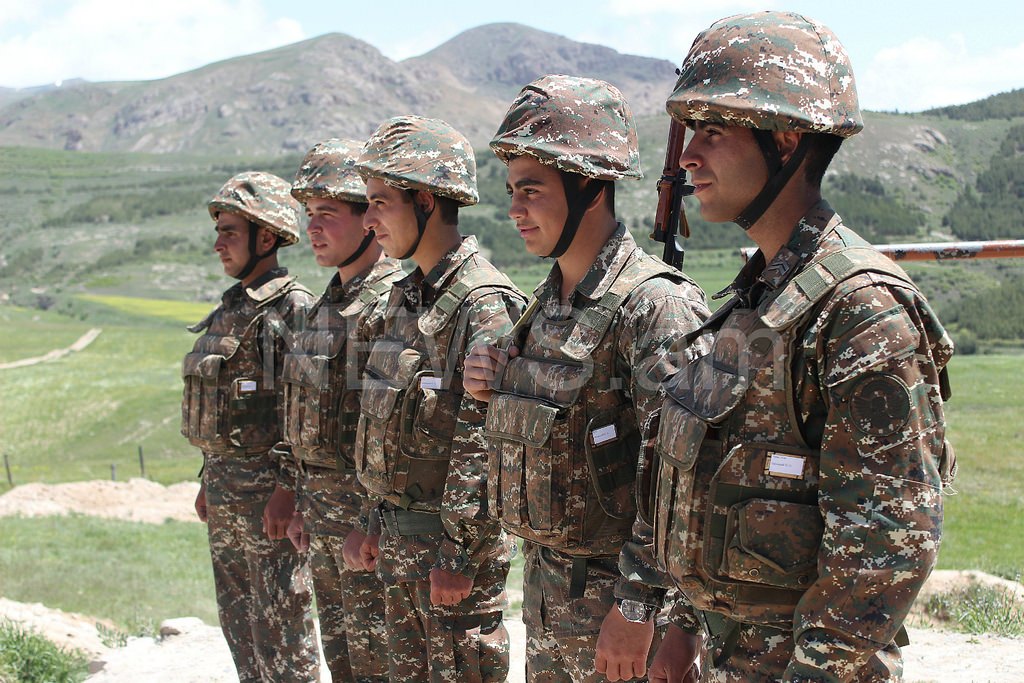


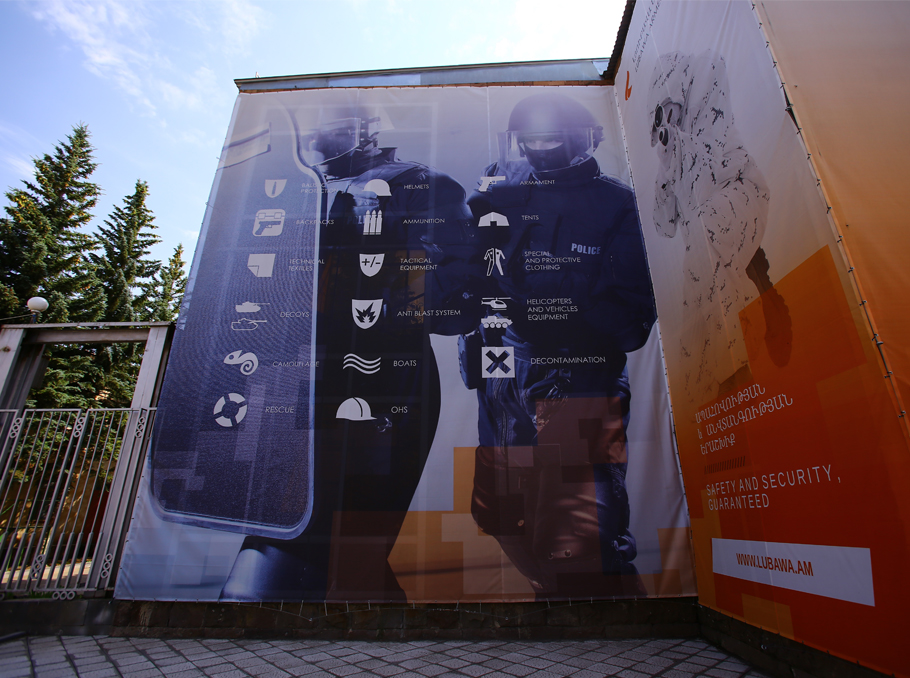
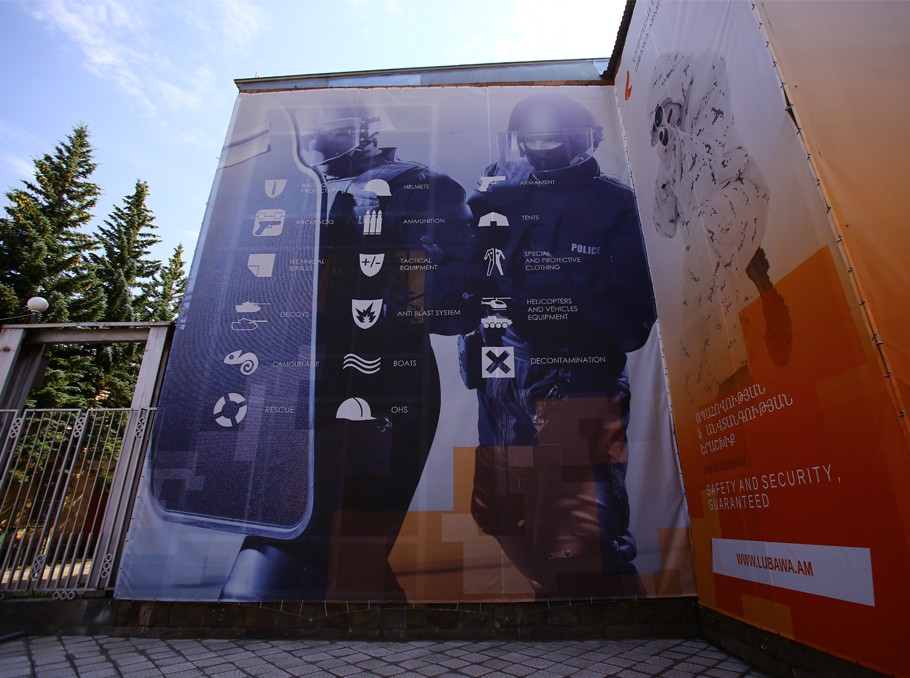
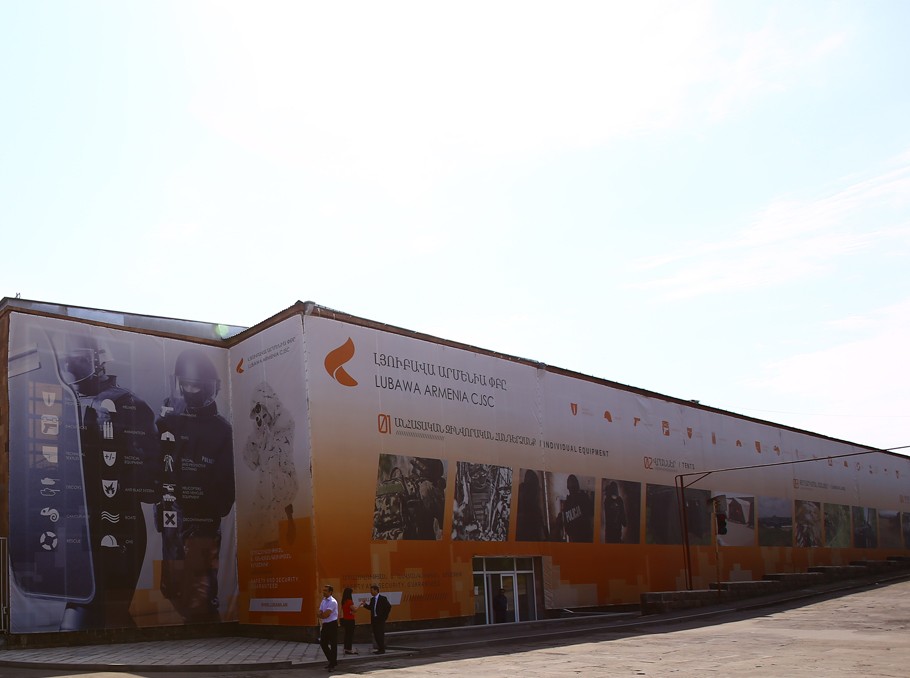
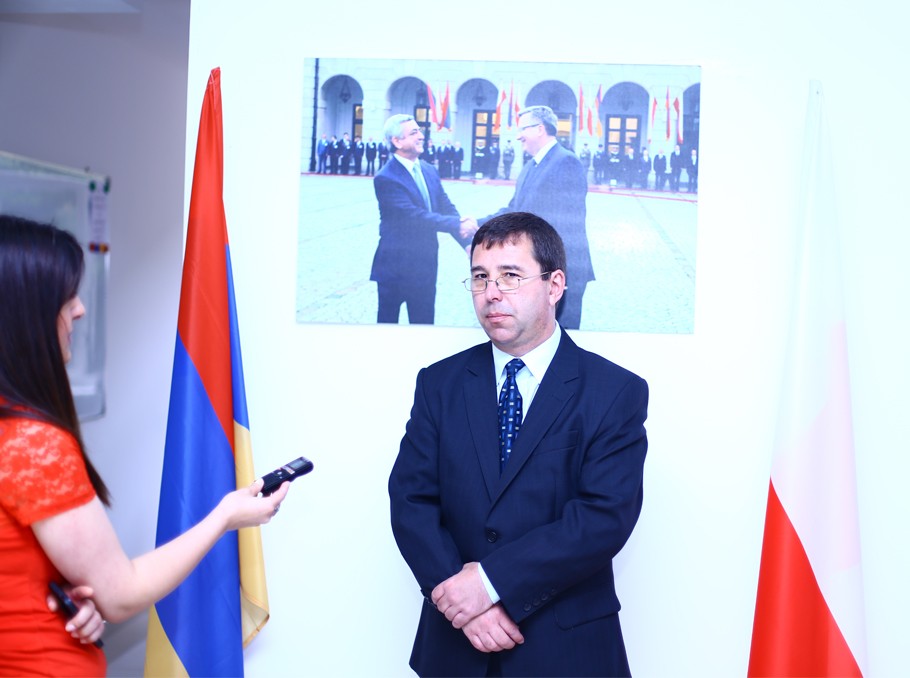
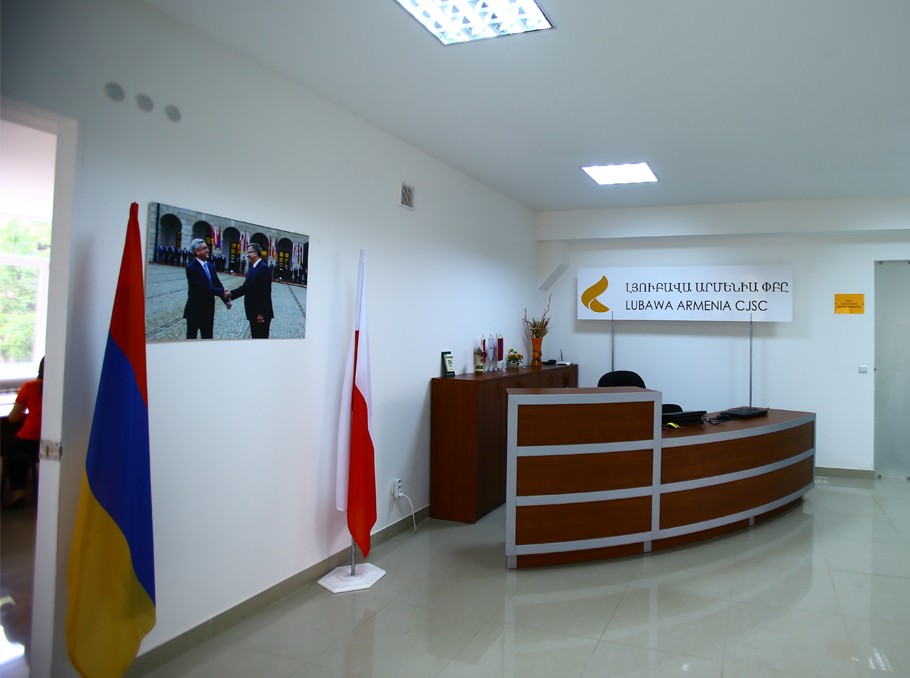
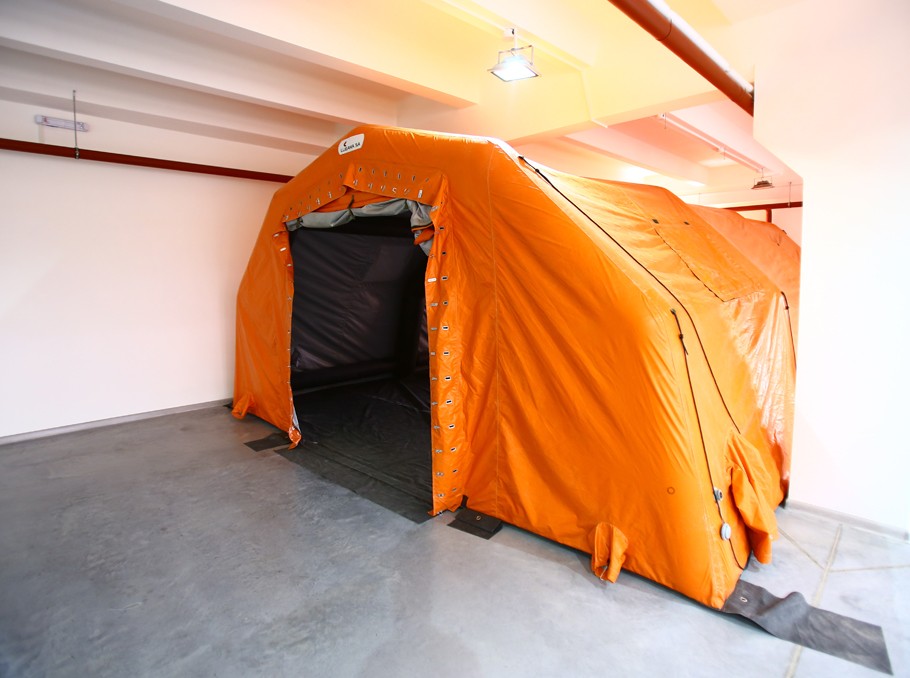
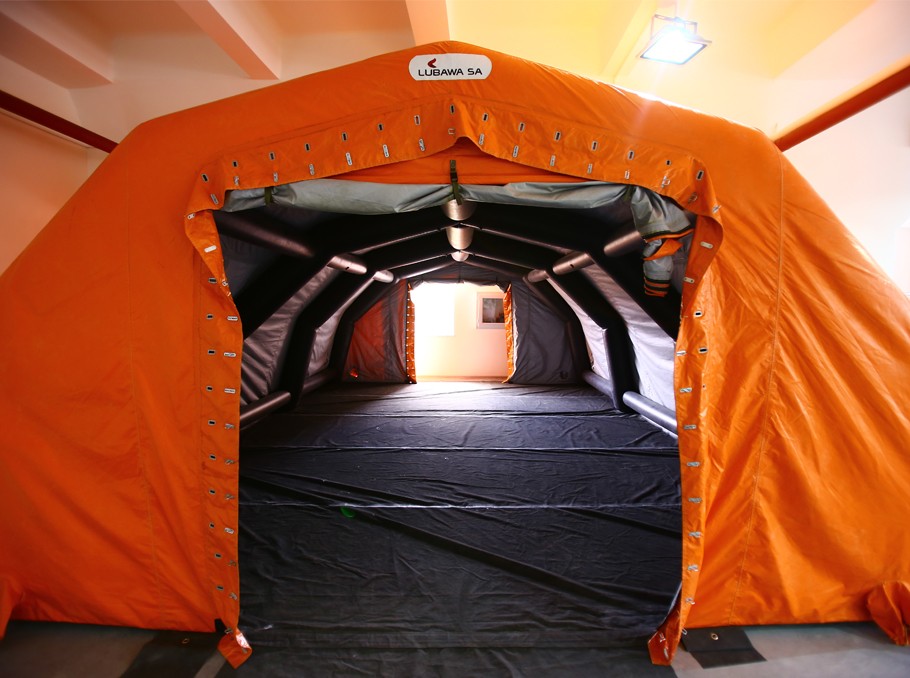
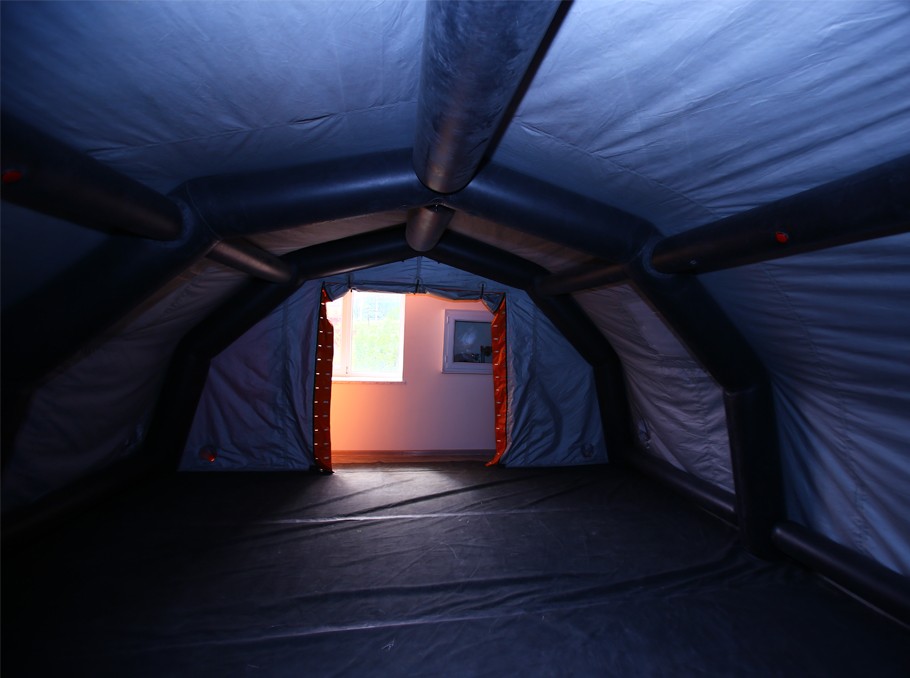
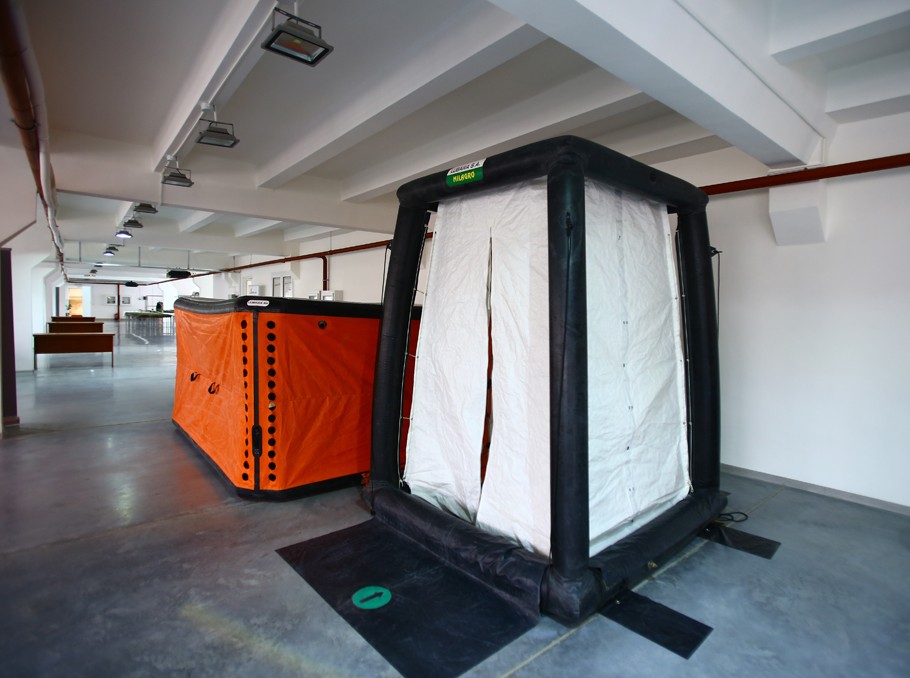
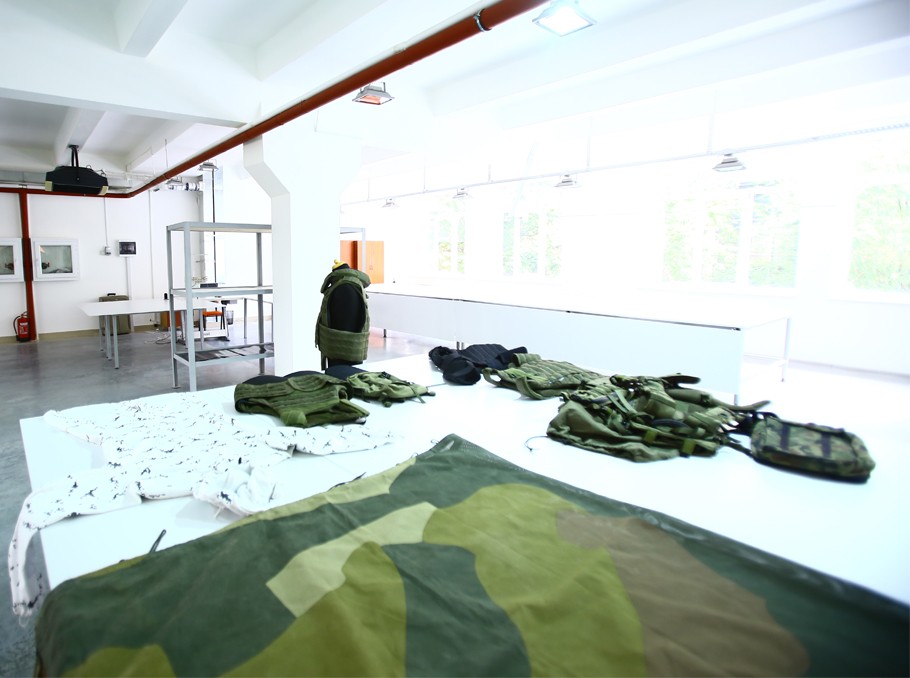
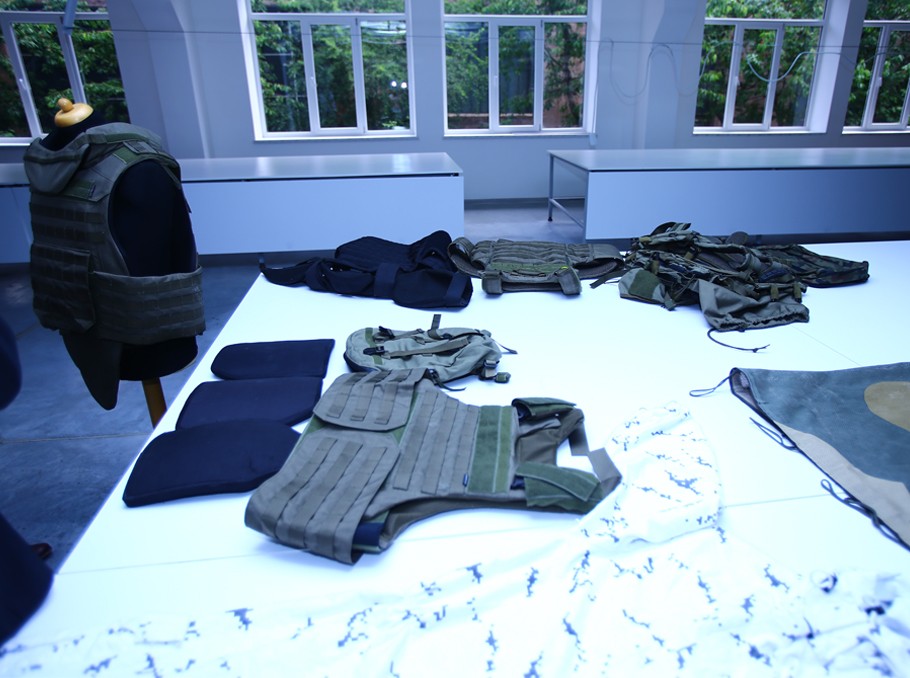
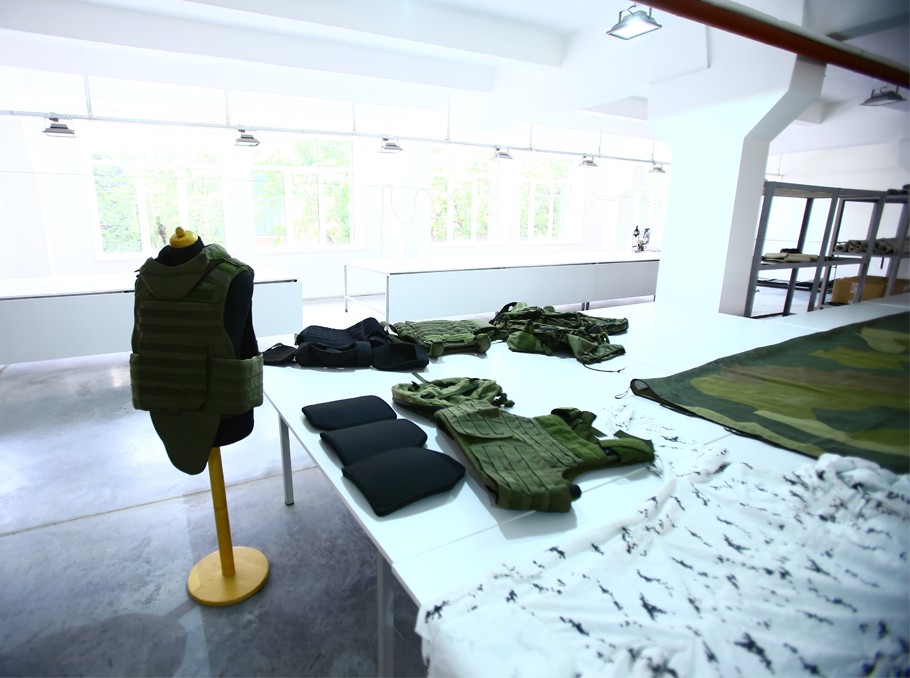
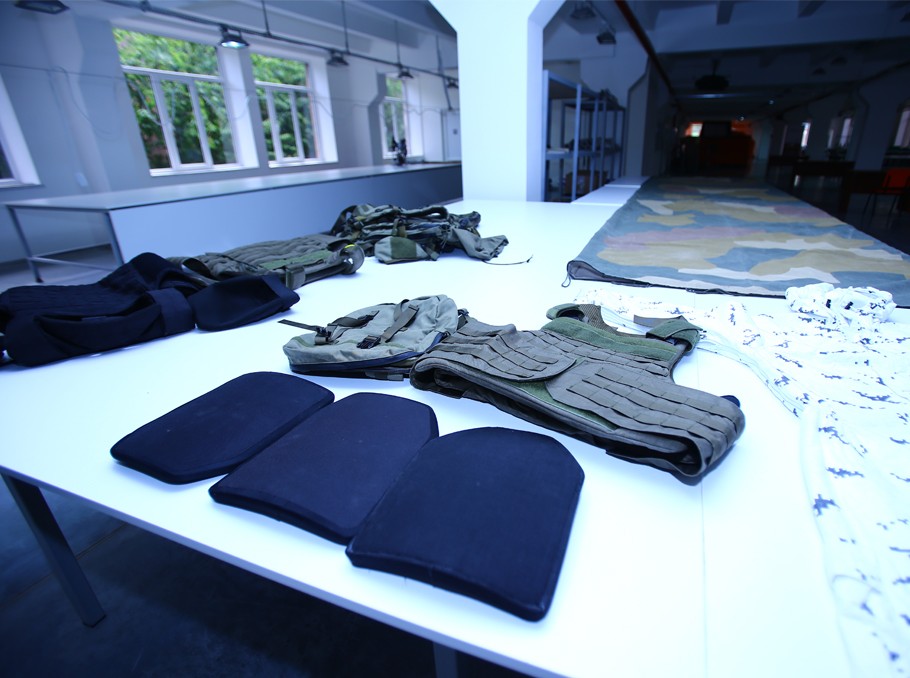
Comment